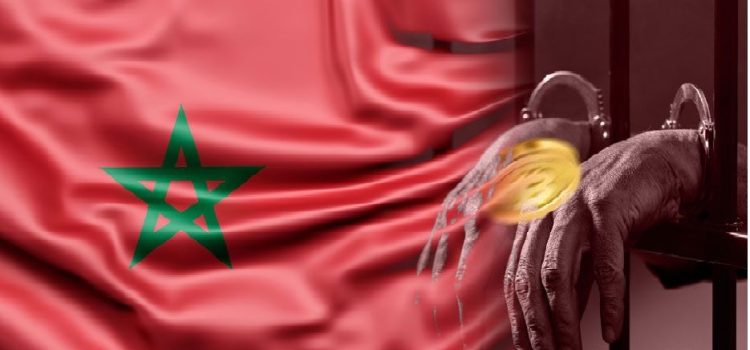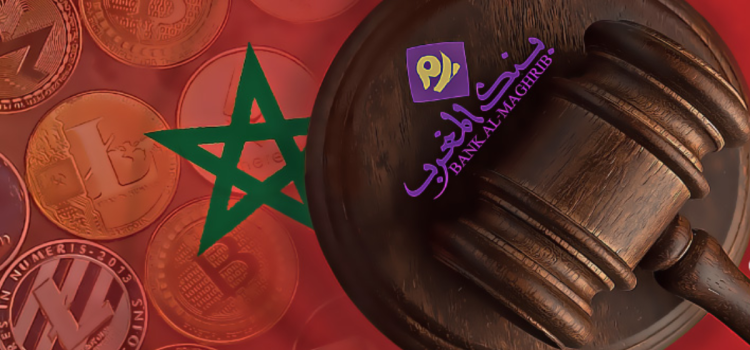
Moroccan authorities have arrested five individuals in connection with an alleged cryptocurrency fraud operation.
The suspects, aged between 24 and 48, were detained earlier this week in Salé, following a complaint received through international law enforcement cooperation channels.
As per the news on Hespress, they are suspected of being involved in a phishing scam that targeted foreign citizens by sending malicious emails. The emails were designed to steal the victims’ digital wallet information containing cryptocurrency, which was then converted into cash via their personal bank accounts.
During the investigation, police seized a sum of money believed to be linked to the criminal activities, along with electronic devices, including a computer and mobile phones, which may contain digital evidence of the hacking operations.
The suspects are currently being held in police custody as part of a preliminary investigation, overseen by the public prosecutor’s office, to uncover the full details of the case and identify all individuals involved in the criminal network.
In April 2024 a 21-year-old Frenchman, Thomas Clausi, was convicted Thursday in Morocco of “fraud” and illegal use of cryptocurrency and sentenced to 18 months in prison.
He was also slapped with a fine of about 3.4 million euros.
Incarcerated since December 23, 2021, Clausi, who presented himself as an entrepreneur before the judge, appeared before the criminal chamber of the court of Casablanca, competent for criminal cases.
He was accused of “fraud” and “payment with foreign currency on Moroccan territory”, in particular for having used bitcoins to buy a luxury car.
This comes a week after the Central Bank governor in Morocco stated that the crypto regulations will soon be out and are currently being adopted.









